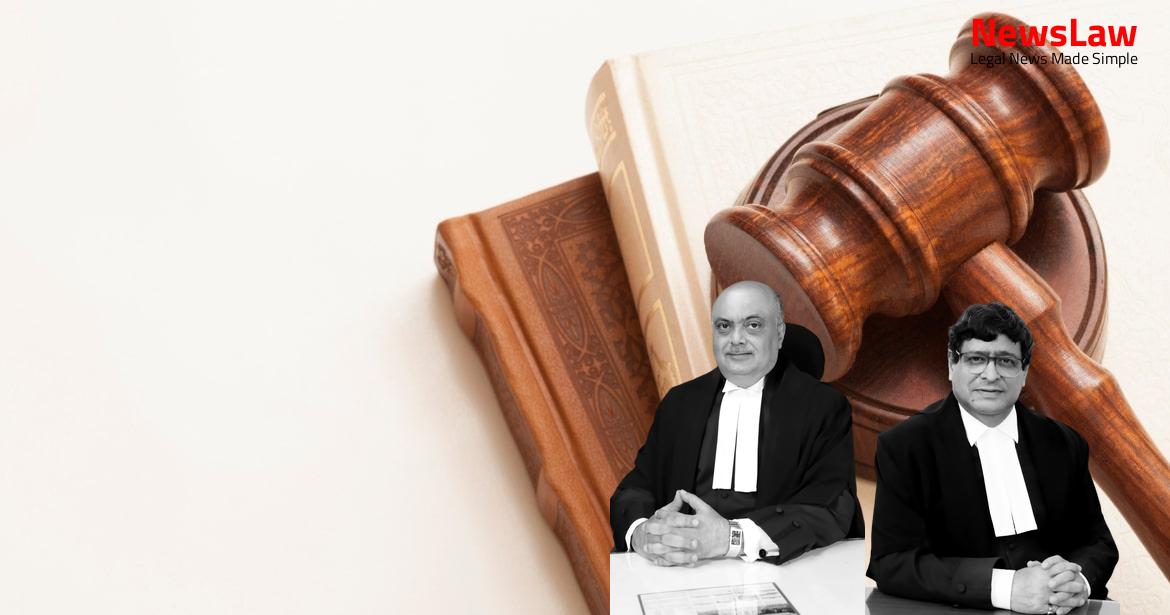In a recent landmark judgement by the Supreme Court of India, a settlement agreement in a cheque dishonour case between the parties involved has been reviewed. The case involves a dispute between two parties, which led to a conviction order under Section 138 of the Negotiable Instruments Act. The High Court overturned the appellate court’s decision and reinstated the conviction order. However, a settlement agreement was reached between the parties, which the Court approved. Stay tuned for more insights on this significant legal development.
Facts
- Appellant no.2 borrowed a loan of Rs.5,25,000 from the respondent in 2006 and did not repay as promised.
- A cheque of Rs.5,25,000 issued by appellant no.2 in the name of his partnership firm (appellant no.1) was dishonoured due to insufficient funds.
- Trial Court convicted the appellants under Section 138 of the Negotiable Instruments Act and imposed a sentence of 1 year of simple imprisonment each.
- Appellate Court later reversed the findings of the Trial Court and acquitted the appellants.
- Both parties entered into a settlement agreement where the appellants paid Rs.5,25,000 to the respondent to settle the matter.
- The High Court considered the appeal filed by the respondent/complainant.
- The High Court overturned the decision of the Appellate Court.
- The High Court reinstated the conviction order issued by the Trial Court against the appellants.
Also Read: The Vishwanath Case: A Landmark Judgement by the Supreme Court of India
Analysis
- Section 147 of the Negotiable Instruments Act, 1881 deems all offences under NI Act as compoundable.
- The settlement agreement between the parties can be considered as compounding of the offence.
- Section 320(5) of CrPC states that compounding post-conviction requires Court’s leave when an appeal is pending.
- Courts should verify the authenticity of documents relied upon for compounding at the appellate stage.
- The dishonour of cheques is a regulatory offence aimed at ensuring the reliability of these instruments.
- The complainant has filed an affidavit supporting the appellants, stating that the accused have paid the amount and have no objection to setting aside the conviction.
- The high number of pending cheque dishonour cases is a concern for the judicial system.
- Given the settlement reached between the accused and complainant, approved by the Court, the conviction of the appellants is deemed unnecessary and should be set aside.
Also Read: Judgment in the Case of Nationality Status: Appellant vs. Tribunal
Decision
- The Second Party intends to file a Special Leave Petition before the Supreme Court of India.
- The First Party agrees to support the Special Leave Petition filed by the Second Party.
- The settlement amount agreed upon between the parties is Rs. 5,25,000.
- The First Party and Second Party have reached a final settlement in their dispute.
Also Read: Sanction Requirement in Corruption Cases: State of Punjab v. [Respondent Name]
Case Title: M/S NEW WIN EXPORT Vs. A.SUBRAMANIAM (2024 INSC 535)
Case Number: Crl.A. No.-002948-002948 – 2024



